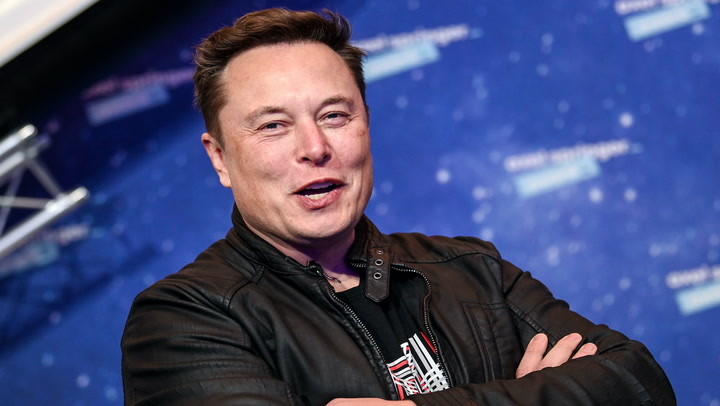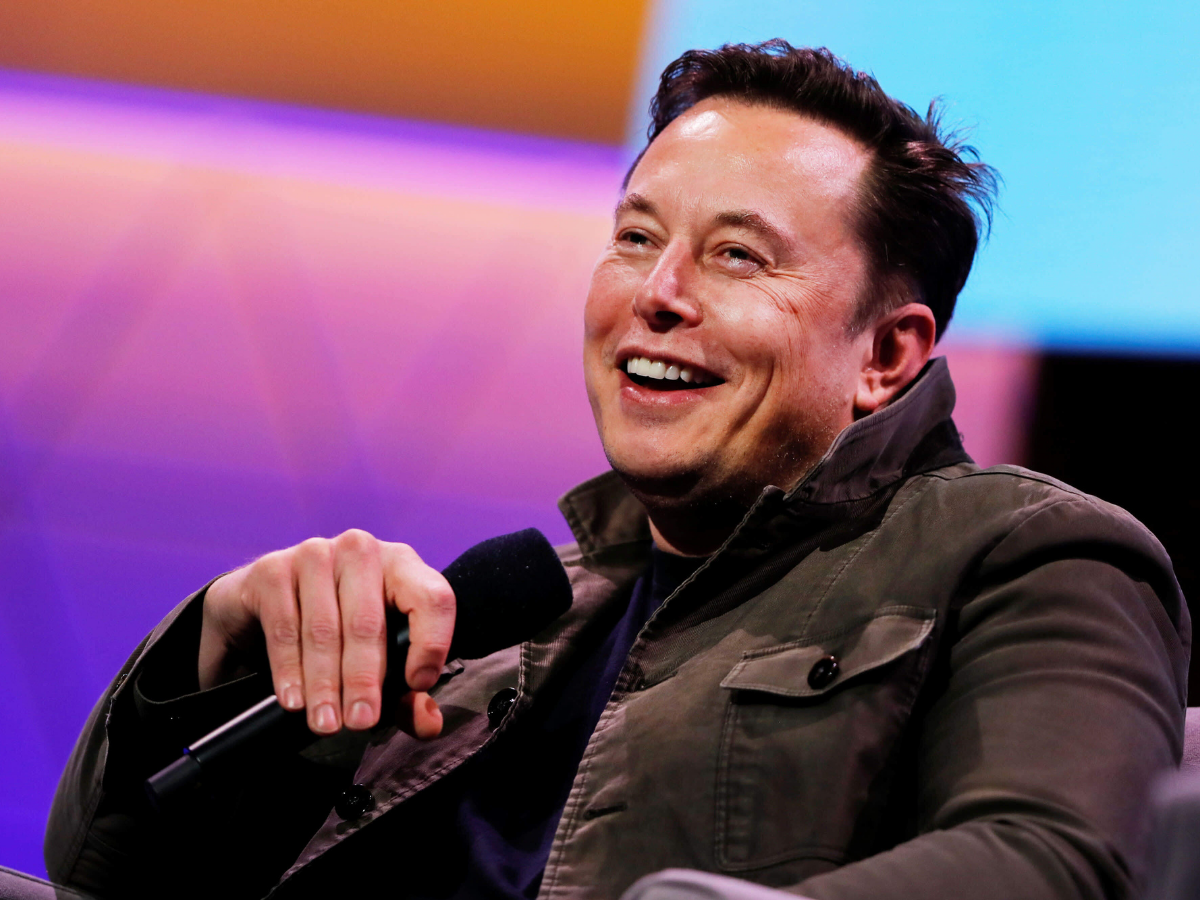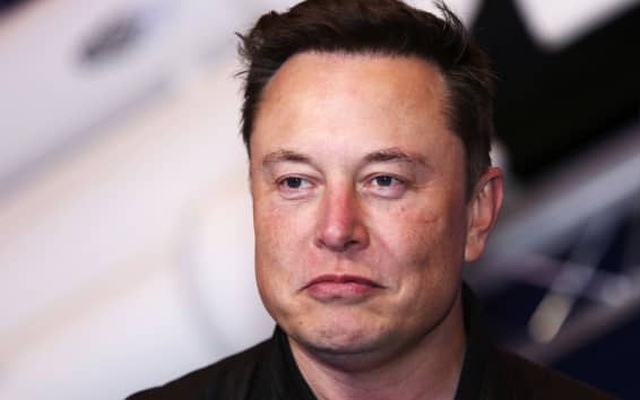In a bold move that has stirred the media landscape, tech mogul Elon Musk has publicly called for a boycott of ABC Network. Using his social media platform X (formerly Twitter), Musk allegedly urged followers to “take them down,” a phrase that has sparked discussions about the power dynamics between media conglomerates and influential figures who challenge their influence. As the founder of companies like SpaceX, Tesla, and Neuralink, Musk has become one of the most polarizing voices in technology, frequently using his platforms to address issues that extend beyond his companies and into the broader sphere of public debate. Here’s a breakdown of the situation, the motivations, and the potential implications.

Background of Musk’s Relationship with Media
Elon Musk has had a long and rocky relationship with the media, marked by periods of intense scrutiny and controversy. As one of the most public-facing CEOs of recent years, Musk’s life and business ventures have often been subject to heavy coverage, both positive and negative. Over the years, Musk has accused various media outlets of spreading misinformation, sensationalism, and bias, particularly concerning Tesla’s environmental record, worker safety, and his ambitious visions for space exploration. His critiques have not been limited to individual reports but have encompassed entire networks and news institutions he perceives as biased or misrepresentative.

While Musk has historically engaged with reporters and networks to clarify or contest narratives, his recent stance against ABC appears to mark a new level of discontent, a call for action rather than dialogue. Such direct criticism against a mainstream network raises questions about Musk’s underlying motivations and the broader media climate.
What Prompted the Boycott Call?
Though details remain speculative, reports suggest Musk’s recent grievance with ABC Network stems from coverage he perceives as unfair or inaccurate, potentially related to recent political or social issues involving Musk’s companies or personal views. Some sources point to alleged discrepancies in ABC’s portrayal of Musk’s intentions with X, his plans for space exploration, or controversial views he’s shared on the platform. Musk, known for being highly protective of his reputation, has previously indicated that media misrepresentation not only affects him but also undermines his work to revolutionize sectors such as renewable energy, electric vehicles, and private space travel.

The specifics of ABC’s reporting that triggered Musk’s boycott call have not been detailed publicly by Musk or his representatives. However, his dissatisfaction with the mainstream media’s portrayal of public figures, tech leaders, and influential voices — particularly when it diverges from his narrative — has been a recurring theme.
Social Media as a Power Play: Musk’s Influence on X
Musk’s control over X gives him a distinct advantage when rallying followers. With millions of followers who are active and highly engaged, Musk has the power to influence public perception in real-time, sometimes creating immediate ripple effects. His post, calling for a boycott, could trigger widespread shifts in viewer loyalty and public sentiment toward ABC, especially if Musk’s followers echo his concerns and amplify his message.
![]()
Using X as his direct communication tool allows Musk to bypass traditional media outlets altogether. This dynamic represents a significant shift in the media ecosystem, where high-profile individuals can wield direct influence without the traditional gatekeeping of news organizations. If Musk’s boycott call gains momentum, it could demonstrate the power that social media personalities and tech moguls hold in shaping media consumption habits.
Implications for ABC Network and Media Accountability


If Musk’s call for a boycott gains traction, it could have serious implications for ABC Network, potentially impacting their viewership numbers and advertising revenue. Public opinion and viewer behavior can be highly responsive to influential endorsements, especially when criticism is directed toward institutions accused of bias or misrepresentation. In this case, ABC could see tangible effects on its ratings, particularly among viewers sympathetic to Musk or his businesses. Advertisers might also reassess their relationships with the network, wary of the public controversy surrounding the boycott call.
Moreover, Musk’s challenge to ABC underscores a broader debate over media accountability and the perceived bias of mainstream news outlets. In recent years, media trust has fluctuated, with some audiences turning to independent and digital media sources. Musk’s stance may appeal to these groups, who view traditional media outlets as sometimes agenda-driven or skewed in their reporting.
Public and Industry Reactions
The call for a boycott has spurred a wide array of reactions across social media and industry circles. Supporters of Musk argue that his stance against ABC is long overdue, believing mainstream networks often misrepresent innovators like Musk or use their platforms to push specific narratives. For these supporters, Musk’s call for a boycott resonates as a stand against what they view as the unfair power dynamics between high-profile figures and legacy media institutions.
However, critics of Musk argue that his boycott call is irresponsible, questioning the implications of one individual wielding influence over public opinion against a major news organization. They warn that encouraging a boycott might set a precedent for the suppression of free press, as influential figures could simply call for boycotts of media outlets whenever negative coverage arises. Critics also argue that ABC has a role in holding public figures accountable, emphasizing that journalistic critique is essential to a healthy democracy.
Potential Outcomes and Future Media Dynamics
As Musk’s call for a boycott circulates, it remains to be seen how effective it will be. Media outlets like ABC have weathered controversies before, and a sustained boycott would require consistent public support over time. However, even if the boycott does not yield a measurable impact on ABC’s ratings or revenue, Musk’s actions may still influence the future relationship between tech figures and media outlets. His willingness to take a direct, confrontational stance could inspire similar actions from other public figures who feel misrepresented by mainstream media.
In a broader context, Musk’s call for a boycott speaks to a trend where influential individuals take media narratives into their own hands. With social media at their disposal, these figures have unprecedented power to bypass traditional media gatekeepers and shape public opinion directly. This shift has the potential to reshape how audiences engage with news and how news networks approach reporting on high-profile figures in the tech and innovation spheres.
Conclusion: A Pivotal Moment for Media and Influence
Elon Musk’s call to boycott ABC Network represents a complex intersection of influence, media power, and public discourse. Whether or not the boycott gains traction, it signals a shift in how powerful voices can challenge traditional media. In an era where social media provides a platform to bypass established news outlets, Musk’s stance could encourage others to take similar actions against media outlets they view as biased or inaccurate.
This evolving relationship between influential figures and mainstream media may redefine how public figures navigate criticism, potentially heralding a new era where social media influence blurs the line between news dissemination and direct audience engagement. The outcome of this latest clash will likely be closely watched, as it may influence future interactions between tech leaders and the press, further shaping the modern media landscape.





